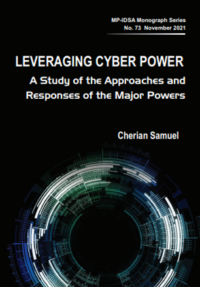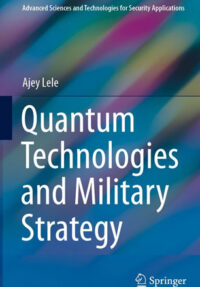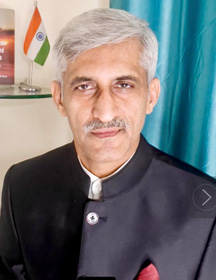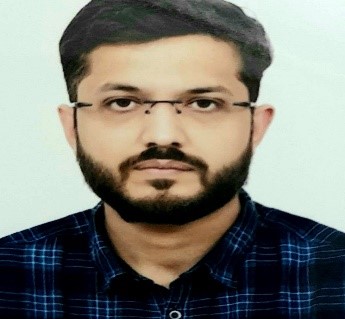Outlook for the Seventies: Strategic and Technological
So far the Chinese have carried out ten nuclear tests which include one underground test, one test of a nuclear-tipped missile and three thermo-nuclear tests. In other words, the Chinese are on a comprehensive weapons programme, which will give them thermo-nuclear warheads from the megaton range down to small yield nuclear weapons of a few kiloton range and even fractional kiloton range. They are now engaged in improving the compactness of their warheads.
- K. Subrahmanyam
- September 2009












